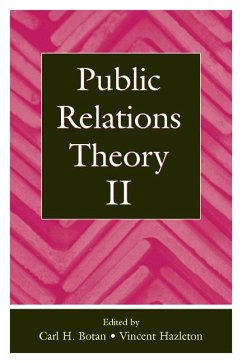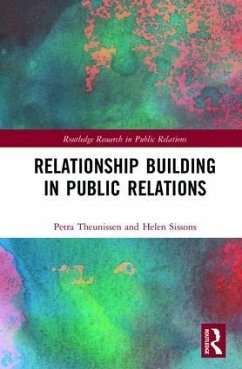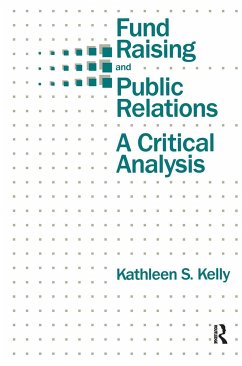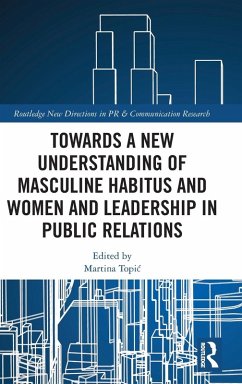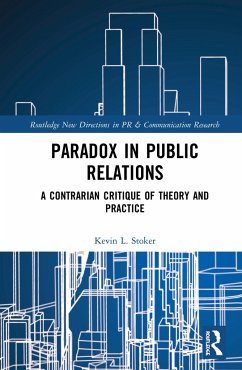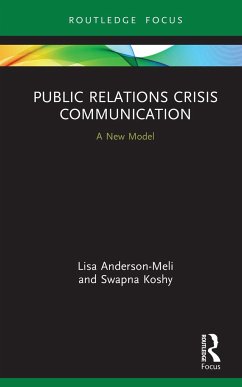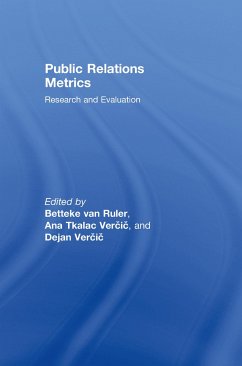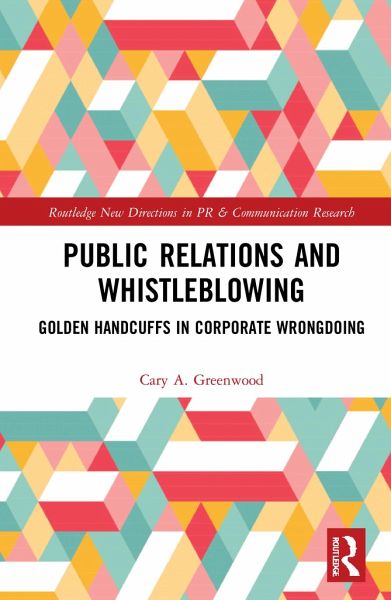
Public Relations and Whistleblowing
Golden Handcuffs in Corporate Wrongdoing
Versandkostenfrei!
Versandfertig in 1-2 Wochen
49,99 €
inkl. MwSt.
Weitere Ausgaben:

PAYBACK Punkte
25 °P sammeln!
There is a growing interest in corporate whistleblowing, but no comprehensive research has yet focused on public relations practice. Drawing on extensive research on Fortune 1000 and Wilshire 5000 corporations, this book reveals executives' attitudes and relationships toward their organizations and their impact on whistleblowing. Perhaps unsurprisingly, it reveals that wrongdoing in corporations and the privileges of power coexist. Top-ranking public relations executives, who are mostly white and male, are more likely to be aware of wrongdoing but no more likely to blow the whistle, fundamenta...
There is a growing interest in corporate whistleblowing, but no comprehensive research has yet focused on public relations practice. Drawing on extensive research on Fortune 1000 and Wilshire 5000 corporations, this book reveals executives' attitudes and relationships toward their organizations and their impact on whistleblowing. Perhaps unsurprisingly, it reveals that wrongdoing in corporations and the privileges of power coexist. Top-ranking public relations executives, who are mostly white and male, are more likely to be aware of wrongdoing but no more likely to blow the whistle, fundamentally due to their positive relationship with their employers. Using the new lens of evolutionary theory, this study explains whistleblowing, retaliation, and relationships, and in the light of the connection between whistleblowing behavior and executives' attitudes, it proposes a new theory of the phenomenon of Golden Handcuffs. As public attitudes to corporations, corporate social responsibility (CSR), and transparency harden, these findings have serious implications for companies globally. Researchers, scholars, and advanced students in public relations, organizational communication, corporate communication, strategic communication, corporate reputation, and CSR will find this book full of revealing insights.






